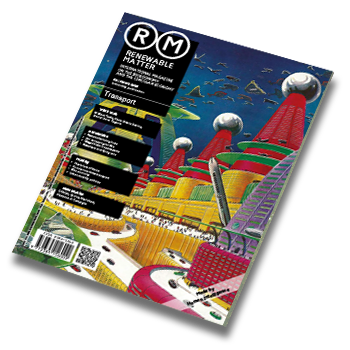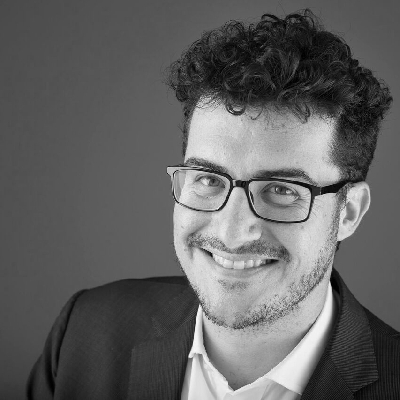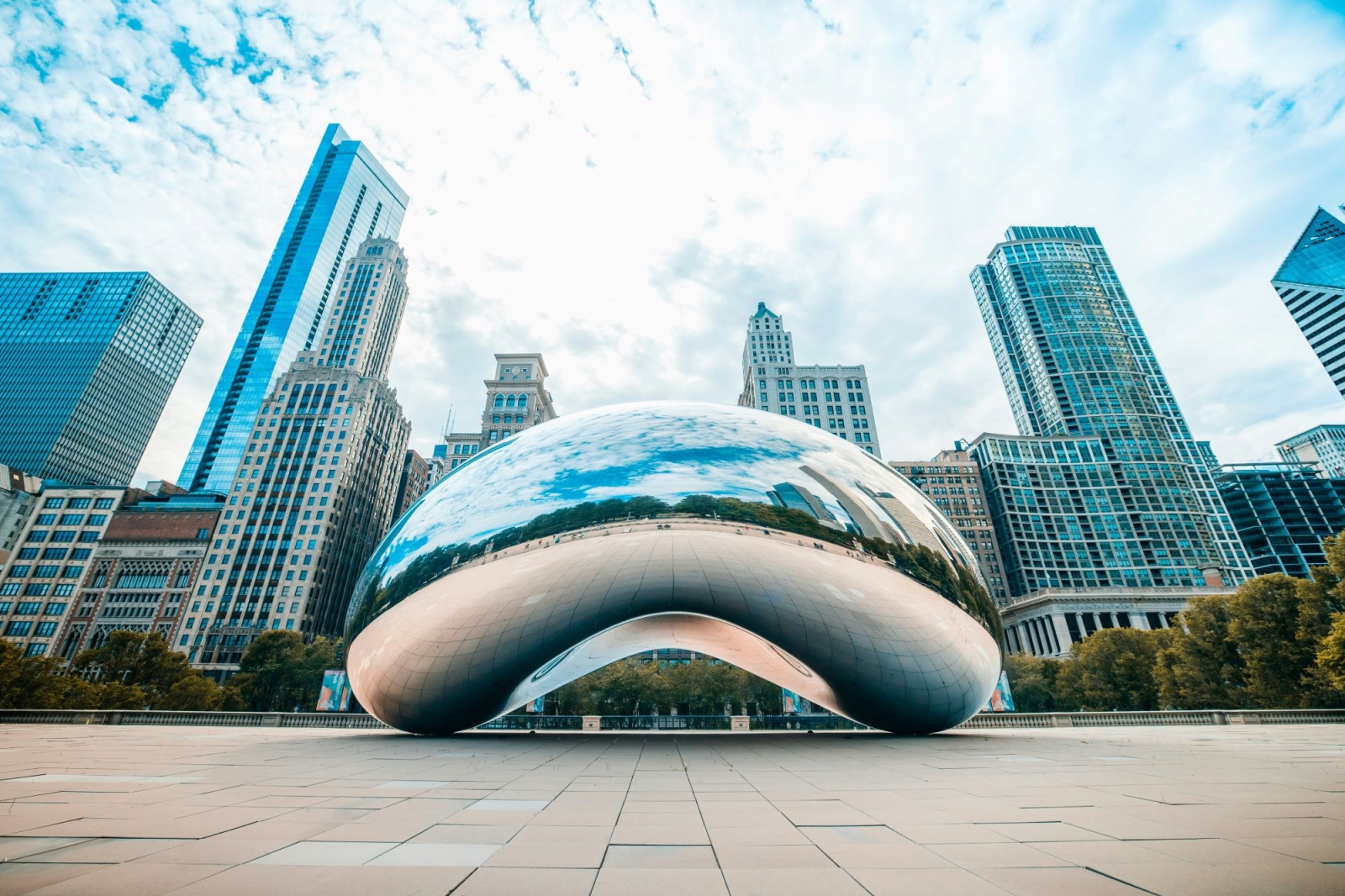The American circular economy will take center stage at Circularity 24, which will be held May 22-24 in Chicago, USA. We discussed themes, speakers, and objectives of the event with Jon Smieja, VP of Circularity.
What should we expect from this edition of Circularity 24, and what will be the main topics?
This year we are seeing a little bit of shift in the companies and the people that are attending the event, since as the conference grows, it is expanding into new sectors. We have a lot of fashion and apparel, built environment, and infrastructure, as well as growing interest from auto manufacturing and renewable energy companies. We will still have a very strong plastics and packaging content that will address reuse, innovation, and packaging, from new paper- or seaweed-based materials or alternatives to plastic. There will be some conversations about the Global Plastics Treaty, around recycling infrastructure, and the climate change implications of single-use plastics. Furthermore, we will talk about how to design electronics for modularity, upgradeability, recycling, and the concept of right to repair. Other topics stem from digital product passports and AI, to support a circular economy transition, but also sessions on biomaterials, regenerating nature, environmental justice, and reverse logistics and returns. It's a broadening space, with a lot of new sectors that we can bring together in one place for a few days.
Which featured speaker do you suggest following?
One that comes immediately to mind is Naomi Davis, founder of the nonprofit Blacks in Green, empowering local communities, especially of color, on how to address sustainability issues in their neighborhoods. I am excited about a conversation we'll have between our Co-founder, Joel Makower, and two sustainability leaders at corporate, Javier Quiñones, the CEO and Chief Sustainability Officer of IKEA US, and Esther Speck, Senior Vice President of Global Sustainable Business and Impact at Lululemon. They are going to be talking about how to scale circular innovations in larger companies. And then last, but not least, Julia Marsh, the Co-founder of Sway, a company that makes bioplastics from seaweed, working on how to farm it and how to use it to replace fossil-based plastics in packaging as well as some other applications.
Every edition of Circularity you involve local businesses or the local administration, what will you do with Chicago?
We always involve the local city. We have a host committee meeting that we put together before the event to garner ideas, that involve corporations, governments, and NGOs in the circular economy field. There will be local Chicago speakers sprinkled throughout the entirety of the program, like the ones from Rebuilding Exchange, an organization operating on the deconstruction and then reuse of products from the built environment. There will be Joanne Rodriguez, CEO of Mycocycle, Gary Cooper, the Founder of Rheaply, and a session that will feature the Chief Sustainability Officer from the city of Chicago, along with about four local NGOs and community organisations that are trying to accelerate the circular economy transition in neighborhoods, to understand how they're tackling the problem on the ground.
In the previous edition, most of the attendees were businesses, especially corporations, but also universities. Less so in the administrative sector. Are we seeing a growing interest in the US from the latter?
There are a couple of drivers that are starting to force some of the administrative areas to get more involved, like all the action happening at the state level around the topics of extended producer responsibility and deposit return systems. I do think we will have some city and state government representatives from the various states who are implementing those projects or laws, like Illinois and California, as well as some who are considering doing so. Nevertheless, due to the momentum around plastics, we know that the US, EPA, the State Department, and even entities like the US Department of Agriculture, are starting to think more and more about plastics pollution and circular economy. Still, most of the government representatives that we get at this conference are from cities, because a lot of the action is happening at the city level.
Circularity is the biggest event on the circular economy in America. Are you planning also to replicate Circularity outside the US borders?
Not for the moment. However, we are exploring ways to better partner with the World Circular Economy Forum and we are starting to build more and more partnerships with the Canadian circular economy groups, and similar actions. Even if we don't bring our event outside of the US, we will hopefully bring more people from the rest of the world to our event.
Do you see a growing presence of Europeans at Circularity in the US?
When we were in Atlanta in 2022, we had a good cohort of Europeans. Last year it dropped a little bit in Seattle, even though it was bigger, because it is more difficult to get to Seattle from Europe. It’s one of the considerations that we must make when we choose the cities. How easy is it to get there? Can we draw an international audience? Chicago is much easier to travel to, so we hope to see good participation this year, as we know there is a lot of interest in the circular economy in Europe.
In the US there are great examples of cities like Charlotte and Austin that are leading the way on a global scale. At the same time, you still have a national federal system that does not support a truly circular economy. Are companies, activists, and media trying to push on these topics? Is there any dialog, especially with the Biden administration?
Given that we are in a two-party system we are a little bit stuck when it comes to congressional action. There are a couple of laws that have been introduced at the federal level to try to help, specifically with plastic pollution. I think there's plenty of action happening, maybe not necessarily with companies directly talking to the federal government, but through the organisations that they are members of, whether that’s the WWF, the Ellen MacArthur Foundation, that are trying to push the government to do more. I am not entirely optimistic about the federal government moving on this, but I am optimistic that we might still be able to act through some of these corporate commitments, the Global Plastic Treaty, and some of these state laws that are being passed.
Where will Circularity 2025 take place?
I will announce it during the conference, and it will be in Denver, Colorado. A beautiful place that overlooks the mountains.
This article is also available in Italian / Questo articolo è disponibile anche in italiano
Image: Christopher Alvarenga, Unsplash



